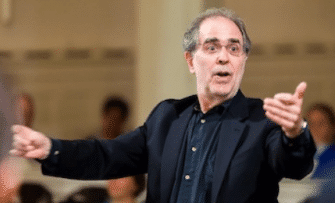The Canadian composer John Burke has died at his home in Marmora, Ontario.
He worked closely with the pianist Catherine Wilson and Ensemble Vivant.
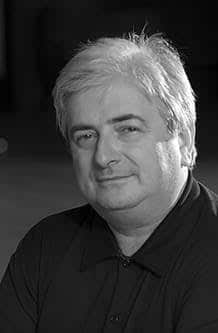
The Canadian composer John Burke has died at his home in Marmora, Ontario.
He worked closely with the pianist Catherine Wilson and Ensemble Vivant.

The city of Konstanz has decided to drop chief conductor Ari Rasilainen at the end of his first term next year.
Rasilainen, 60, has made his career mostly in Germany. He is also professor in Würzburg.
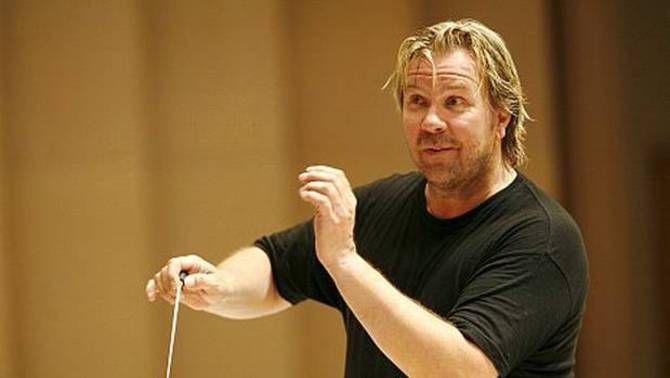
A new recording of the Beethoven violin concerto landed this morning on my doorstep. It’s by the German virtuoso Lena Neudauer, who says the works makes her ‘feel part of something much greater’. Does it arouse the same sensation in the listener? Not on first hearing.
Had it arrived a month ago, before I assessed 100 or so recordings, would it have made the cut? Certainly not.
Why not?
Because what I am looking for is performances that add something significant to our understanding of the work, performances of which we can say afterwards that they have taken the work itself forward by several paces, that it no longer seems the same as before.
All the performances that Gidon Kremer and I have discussed in three posts fulfil those criteria.
Are there any we left out?
A few commenters single out Wolfgang Schneiderhan, who made three recordings with Van Kempen, Eugen Jochum and Furtwängler. The first is singularly beautiful, languid, commanding and utterly sanitised of anything that might be mistaken for emotion. Schneiderhan gives a sanitised performance. It may be a template for others, but it’s one I don’t want to revisit.
Who else? Szeryng, Grumiaux, Accardo and Josef Suk are deservedly mentioned. All deliver everything one could ask for in the work – without, however, adding that decisive element of progress.
I could also have name-checked Isabelle Faust, the younger Hilary Hahn and Viktoria Mullova without lowering the barrier, not to mention Monica Huggett, who gave a truly thought-provoking period performance on gut strings with Charles Mackerras and the OAE.
None quite forces his or her way into the criterion of taking the work forward.
Only one omission comes close. I have been relistening to the 1972 Moscow recording by Igor Bezrodny, with Gennady Rozhdestvensky conducting, and what I hear is a distinctive and immutable style that may hark back to the pre-revolutionary St Petersburg school, a blend of high precision with thoughtful explication. Bezrodny (1930-97) studied in Moscow with Abram Yampolsky and went on to become a busy soloist, conductor and teacher, one who (it is said) never took his violin to a lesson for fear that a pupil would be influenced by his musical personality instead of developing an original sound.
His performance of the Beethoven concerto is more austere than Oistrakh’s and the cadenza is almost frigid in its non-frivolity, but the expression sticks in my mind and I would not wish to be without the unflinching integrity of this interpretation. Bezrodny is my only addition to the previous lists.
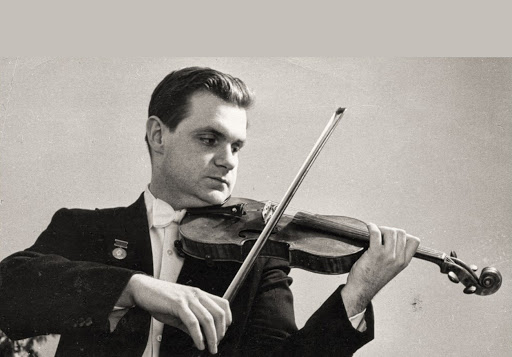
As for the newest arrival, Neudauer’s is a perfectly fine and enjoyable performance, perhaps a little too reminiscent of her teacher, Thomas Zehetmair. It’s fine. But we go to football to see a good performance. In music, we demand something more.
A second celebrity presenter has withdrawn from the SemperOper Ball after a series of self-inflicted disasters involving Anna Netrebko’s husband and the miltary dictator of Egypt.
First, it was alleged that Yusif Eyvazov announced that he would not sing with an Armenian soprano. The Armenian was fired. Eyvazov denied any such intention. The Armenian was reinstated.
Then the ball organiser Hans-Joachim Frey bestowed an award on Egypt’s president, General Sisi.
The TV news presenter Judith Rakers quickly resigned as master of ceremonies over the politicisation of the event. Yesterday her substitute, Mareile Höppner, did the same, claiming she had been exposed to an ‘intolerable level of hatred’ on social media.
Frey, whose other activities are closely connected to the Putin regime in Russia, is looking increasingly fragile.
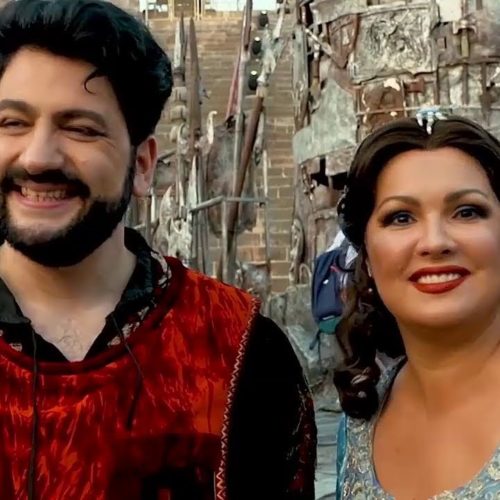
The death has been announced of Major General Viktor Afanasyev, commander of the Military Band Service of the Armed Forces of Russia from 1993 to 2002.
Released by Bavarian State Opera:
Oh, no. There’s more.
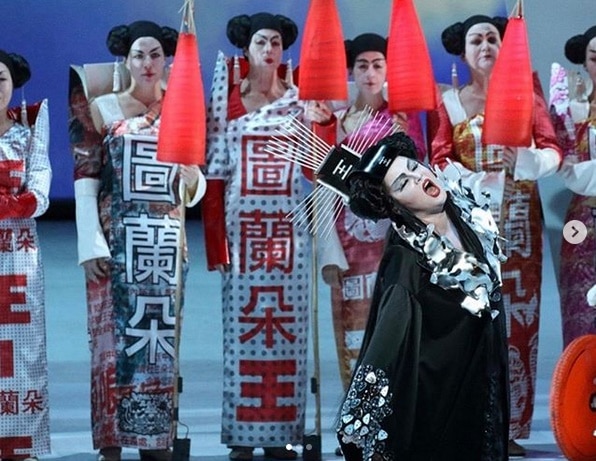
Maria Grossbauer, organiser of the Vienna Opera Ball for the past four years, is reported to be leaving the event ahead of the arrival of the new opera house director, Bogdan Roscic.
Grossbauer, 39, is Vienna Philharmonic royalty.
Daughter of the retired trombonist Karl Jeitler, she is married to the violinist and former orchestra chairman, Andreas Grossbauer. She is also a national executive member of Sebastian Kurz’s Volkspartei.
Trouble for Bogdan? Could be.

With Kurz, at the Opera
The American ensemble director Joshua Rifkin has been awarded the Europäischer Kirchenmusikpreis of the town of Schwäbisch Gmünd in Baden Württemberg.
Rikfin, 75, grew up in New York with parents of Russian-Jewish origin. He established himself as an outsider on the early-music scene, making disparaging remarks about such respected leaders as Leonhardt, Harnoncourt, Karl Richter and John Eliot Gardiner.
